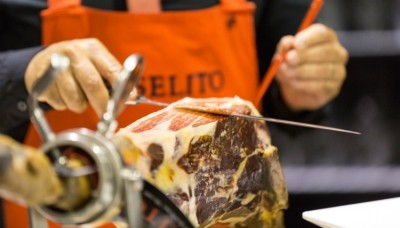Secret meat site busted by Spanish police

The two owners of the unnamed business have been arrested for an offence against its staff and another five people are under investigation for crimes related to public health.
Investigators from the Guardia Civil claimed beef, lamb and poultry were stored in “pitiful conditions”. The meat was also alleged to have been stored without respect for refrigeration and shared space with mice and dead birds.
The conditions the meat was stored in made the food “not suitable for human consumption”, according to the Guardia Civil.
Illicit activity
After being stored in the secret warehouse, the meat is believed to have been distributed to butchers of North African descent living in southern Madrid.
Investigators were alerted to the potential problem by an unusual influx of trucks travelling to an industrial warehouse in the town of Humanes de Madrid. Undercover agents began to monitor the facility to ascertain whether illicit activity was under way.
By tailing the trucks, the Guardia Civil established they were loading meat products and suspected the meat may have been delivered to establishments that were not regulated to receive such products.
Two arrests
Agents carried out an inspection of the warehouse and claimed to discover meat was being kept without respect for cold chain storage rules. It is unclear if the meat was kept unrefrigerated.
The force also claim to have seen documents that suggested some of the staff were working “irregularly”, sparking the Guardia Civil to arrest the two owners of the business.
All of the meat stored in the warehouse has been destroyed as it was deemed unfit for human consumption.
The Guardia Civil could not be reached to comment on story, but the second police swoop on illegal meat operations in Spain within a month raises serious questions.
In May, the Guardia Civil charged 14 people with food fraud crimes after a Burgos-based meat company was accused of selling beef burgers and meatballs that may have contained more pork, bread, fat or soy.
The National Meat Processing Industries Association of Spain (ANICE) was also unable to provide comment at the time of writing.
























